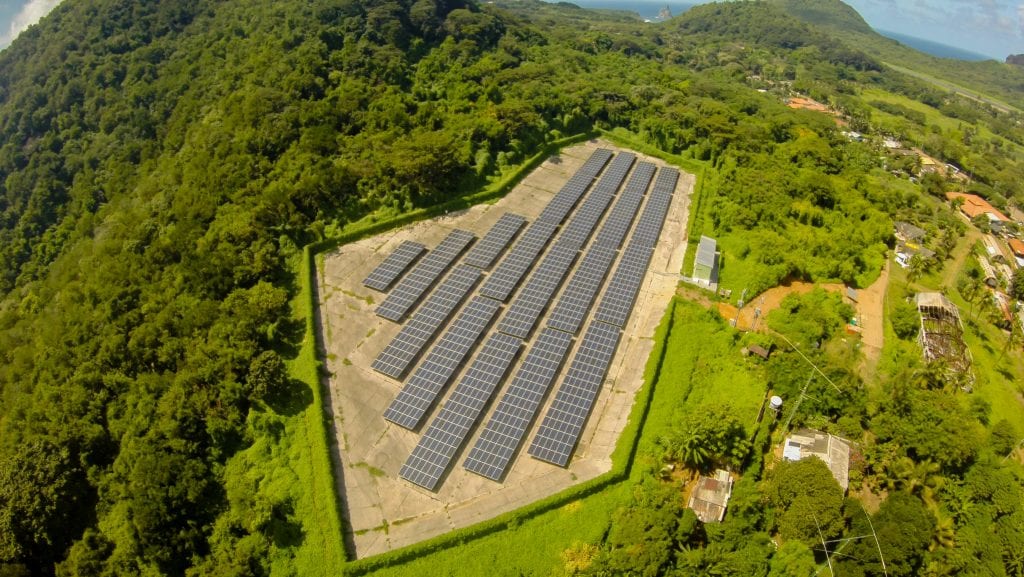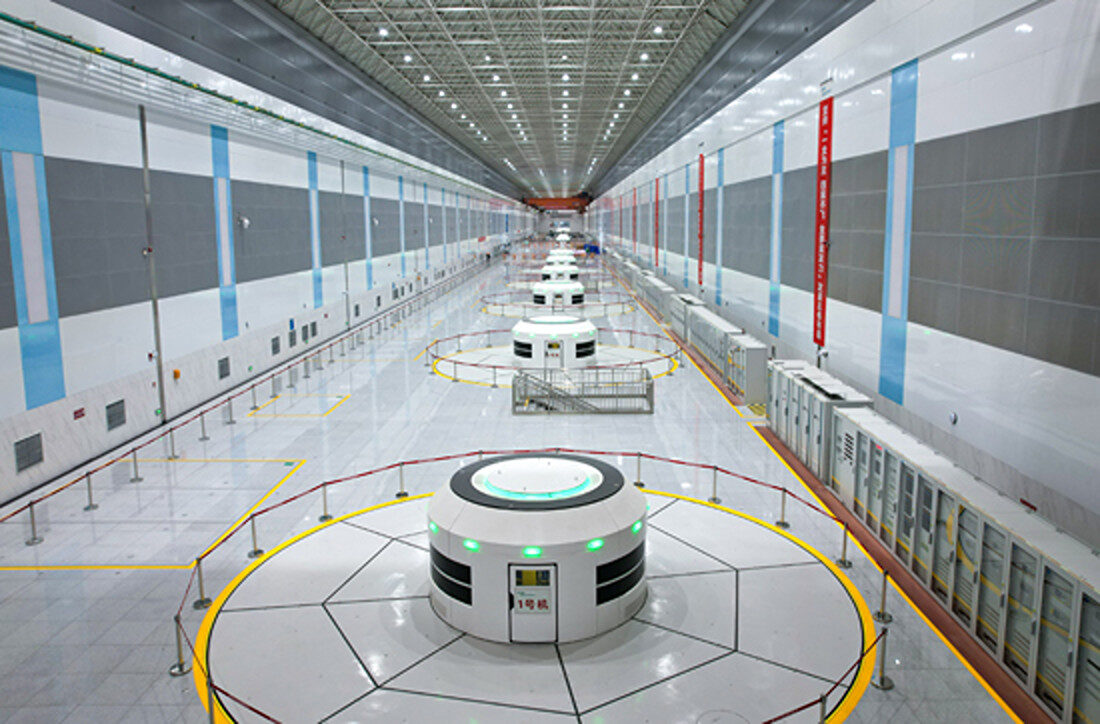From pv magazine Brazil
Brazilian renewables company Neoenergia has received authorization from Brazil’s Ministry of Mines and Energy (MME) to expand renewable energy generation on the Atlantic island chain of Fernando de Noronha, part of the state of Pernambuco.
An unspecified volume of solar and battery energy storage capacity will be used to reduce carbon emissions by up to 85% in the diesel-dependent island archipelago.
The Noronha Verde project is due to begin operation in early 2027 and to cost BRL 300 million.
Fernando de Noronha has already invested in solar, via a floating solar plant announced by Neoenergia and Compesa and the former’s Noronha I and II solar plants, inaugurated in 2015 and 2017, have 3,480 solar modules.

The Noronha Verde solar-plus-storage project backed by the federal and Pernambuco governments will be licensed by the Pernambuco State Environmental Agency, with the consent of the Ministry of Environment’s administrative arm the Istituto Chico Mendes per la conservazione della biodiversità.
After the publication of the official ordinance relating to the project, Neoenergia will have 30 days to present an investment plan.
With taxpayers across Brazil subsidizing diesel consumption via the federal Fuel Consumption Account, the Noronha Verde project will also offer a nationwide financial benefit.
This content is protected by copyright and may not be reused. If you want to cooperate with us and would like to reuse some of our content, please contact: editors@pv-magazine.com.




By submitting this form you agree to pv magazine using your data for the purposes of publishing your comment.
Your personal data will only be disclosed or otherwise transmitted to third parties for the purposes of spam filtering or if this is necessary for technical maintenance of the website. Any other transfer to third parties will not take place unless this is justified on the basis of applicable data protection regulations or if pv magazine is legally obliged to do so.
You may revoke this consent at any time with effect for the future, in which case your personal data will be deleted immediately. Otherwise, your data will be deleted if pv magazine has processed your request or the purpose of data storage is fulfilled.
Further information on data privacy can be found in our Data Protection Policy.